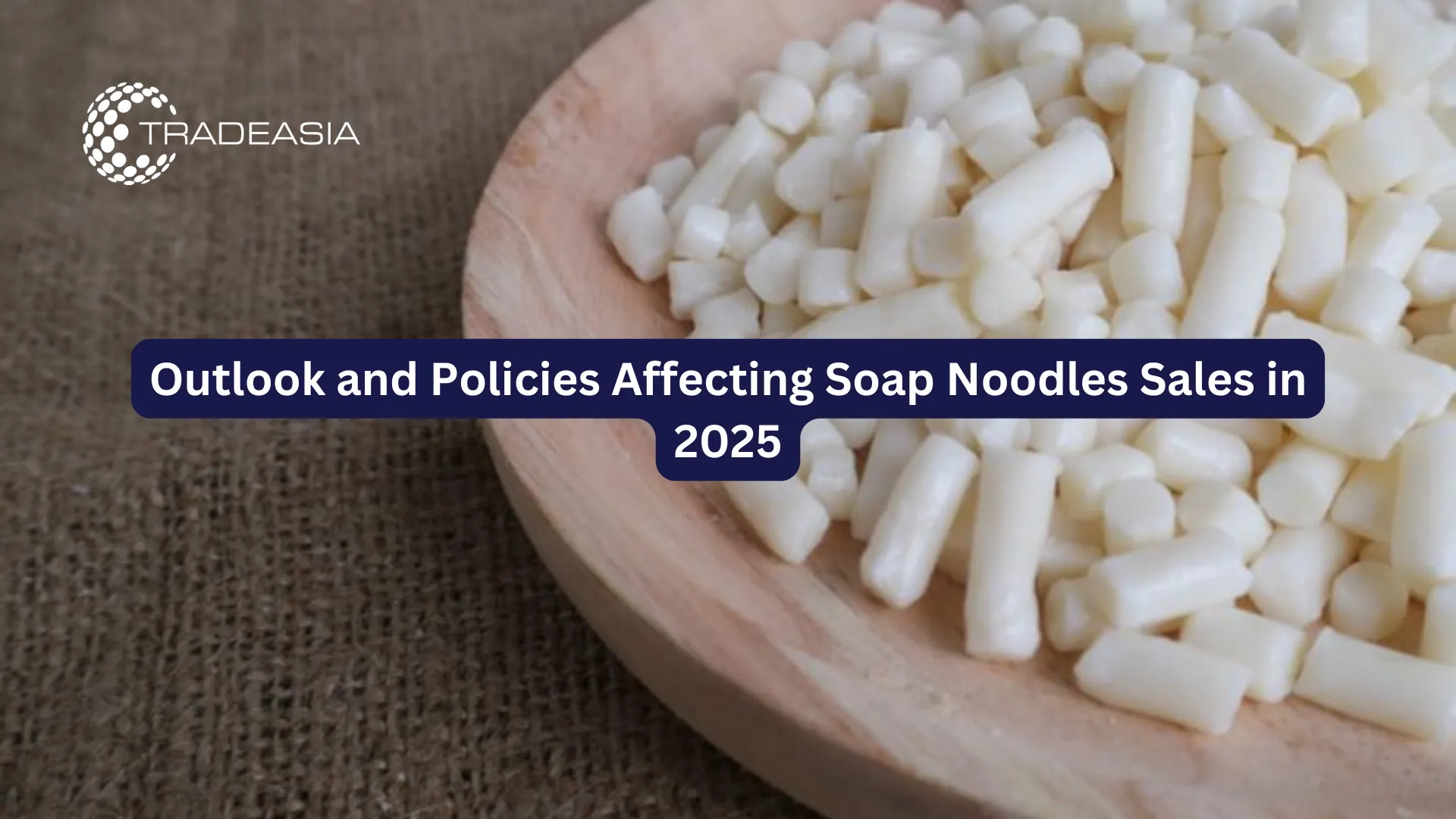Palm oil represents a significant agricultural commodity in the global market. Nigeria, once a dominant player in palm oil production, now faces the challenge of revitalizing this vital sector. A recent report by research and advisory firm Vestance, "Reclaiming Lost Glory: Nigeria's Palm Oil Renaissance," offers a roadmap for achieving this goal. The report highlights Nigeria's substantial untapped potential, suggesting the country could generate over $10 billion in palm oil export revenue, a stark contrast to its current export value of approximately $1.34 million, which places it 78th globally.
From Leading Producer to Net Importer: A Historical Perspective
Nigeria's palm oil production has declined sharply since the civil war of 1967-1970. Once a leading producer, the conflict severely damaged agricultural infrastructure, leading to a drastic production drop. This decline transformed Nigeria from a major exporter to a net importer, with current annual imports reaching $372 million.
The Vestance report identifies numerous underutilized palm oil plantations across Nigeria. By revitalizing and effectively managing these existing resources, Nigeria has the opportunity to achieve self-sufficiency and reclaim its position as a major player in the global palm oil market.
Untapped Potential: A $10 Billion Opportunity
The report underscores Nigeria's immense potential in the palm oil sector. With strategic planning and effective implementation, the country could generate over $10 billion in export revenue. Vestance Research Leader Razaq Fatai emphasizes the urgency of reversing the decline and restoring the sector to its former prominence.
One key recommendation is the adoption of an agro-industrial cluster strategy. Dr. Adewale Onadeko, Managing Director of SWAgCo (O'dua Investment Group), explains that this approach integrates essential infrastructure, including seeds, fertilizers, extension services, processing facilities, and storage. By organizing smallholder farmers into cohesive units, productivity and efficiency can be significantly enhanced.
Addressing the Challenges
Despite the significant potential, Nigeria's palm oil sector faces several hurdles. Dr. Bayo Ogunniyi, Country Program Analyst for the International Fund for Agricultural Development, highlights the challenges faced by smallholder farmers, such as limited access to finance and the use of older, lower-yielding seeds. Low oil extraction rates, often below 15% for smallholder farmers compared to 25% achieved by modern processing mills, further constrain the sector's growth. Improving these extraction rates through access to high-quality seeds and modern processing facilities is crucial for maximizing output.
Solutions and Recommendations: A Path Forward
The Vestance report proposes several key strategies: nationwide adoption of high-quality seeds, investment in modern processing facilities to improve oil extraction rates, and development of a strategic transportation network to streamline the supply chain.
BulkDirect CEO Ramses Najem stresses the importance of strategically locating processing facilities closer to plantations to minimize transportation challenges. Providing smallholder farmers with access to financial resources, processing facilities, and necessary extension services is essential for achieving self-sufficiency and building export capacity.
A Collaborative Effort for a Brighter Future
Vestance Program Manager Rildwan Bello affirms their commitment to unlocking the vast potential within African agriculture. Through comprehensive research and strategic guidance, they aim to transform the agriculture and food sectors.
Stakeholders across the palm oil sector—government agencies, private investors, smallholder farmers, research institutions, and development partners—are encouraged to collaborate in revitalizing Nigeria's palm oil industry.
Conclusion: Realizing Nigeria's Palm Oil Potential
Nigeria has a significant opportunity to revitalize its palm oil sector and regain its position as a global leader. Addressing the existing challenges through strategic planning and collaborative efforts is crucial for realizing this potential. For further information on how to get involved or learn more about the report's findings, contact Tradeasia International for insights and support.


Leave a Comment